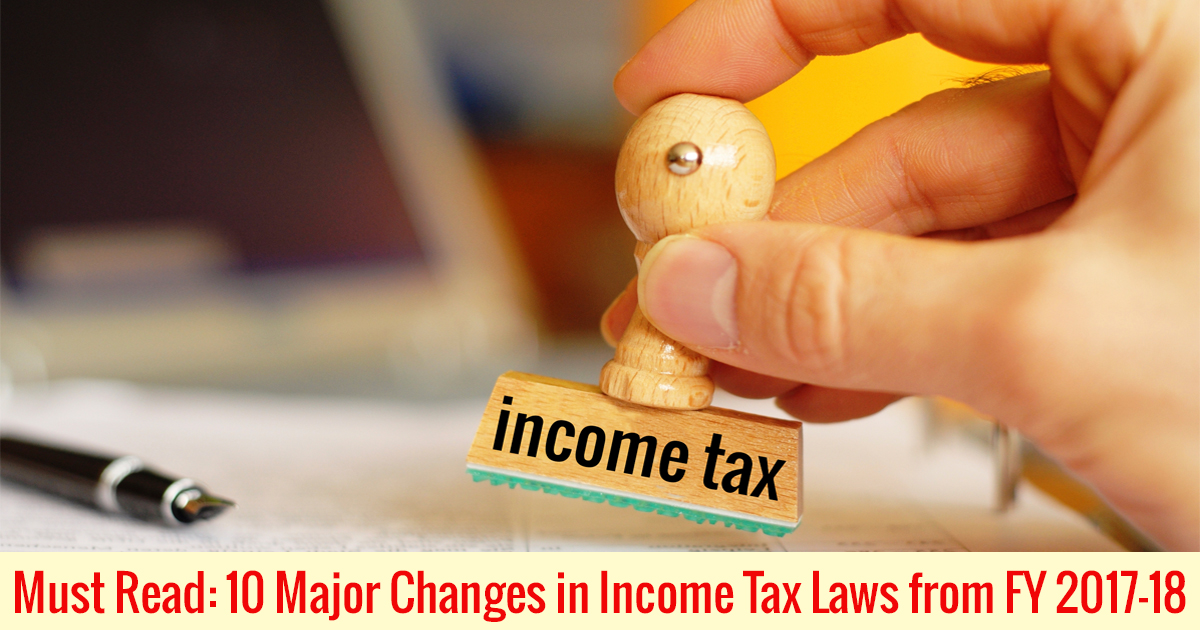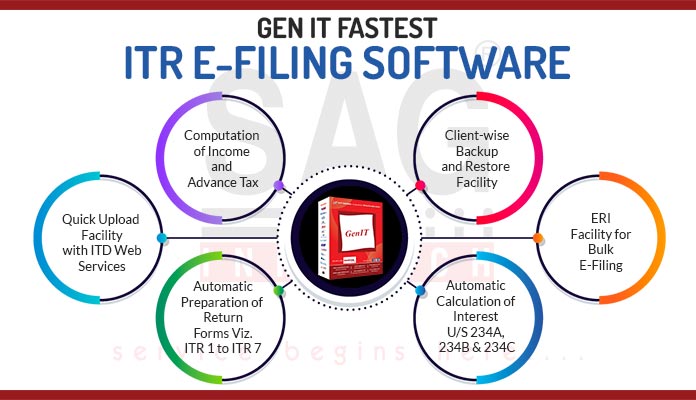Finally, Lok Sabha which passed the Finance bill completed the budget session which is an important exercise for this year 2017-18 in order to get the best out of economic agenda. As the finance bill is a depiction of the Money bill, it must pass through the Lok Sabha and after all, these, starting from April 1, 2017, it is announced that various income tax laws will undergo changes as Union finance minister Arun Jaitley confirmed the fact in its budget session speech. Also, few amendments were included in the Finance bill as passed by the Lok sabha. The announcement of modification in income tax rules quickly became widespread and official sources were contacted for the same. A brief discussion on the altered tax rules are as follows:
The rate of tax on the income ranging from 2.5 lakh to 5 lakh has been slashed to 5 percent from the previous 10 percent of applicability. But, in a twist, the rebate under section 87A which was earlier granted at INR 5000 has now reduced to INR 2500.
A surcharge will be applicable at 10 percent for all the individuals which come under the income range of INR 50 lakh to INR 1 crore. Along with the existing 15 percent surcharge on the taxpayers earning above INR 1 crore.
The one-page form will be presented for the taxpayer while filing Income tax return which has an income of up to INR 5 lakh other than the business sourced income.
The deduction is drawn back from the investment in Rajiv Gandhi Equity Saving Scheme starting from the assessment year 2018-19. As the scheme was started way back in the financial year 2012-13 with a motive to draw first-time investors exclusively in the securities market with a gross overall income under a specified limit.
The income tax authority has the right to reopen all the tax files up to 10 years if any discrepancies originate in the income and assets of above INR 50 lakh. In the present scenario, tax officials can unearth the accounts book of assessees till 6 years in the past and can analyze the data accordingly. Also, the government will slash a penalty of INR 5000 up to 31st December and INR 10000 thereafter, on those who will delay their return of taxes starting from the assessment year 2018-19 but the same will be low as INR 1000 for the taxpayers under the income range of INR 5 lakh.
Read Also: Penalties for Late Income Tax Return Filing in India
The period of holding any immovable property as to qualify for long-term profit has been shortened to the duration of two years from the previous tenure of three years. The clause has given a benefit of saving the taxes on the properties sold under the time period of two years. And the profits generated from the transaction will be termed as short-term capital gain and will be subsequently taxed according to the applicable tax slab.
In the other set of rules, the government of India has reduced the tax benefits on the rented properties and now in the current laws of taxes, on rented properties a home loan borrower can deduct all the interest paid on the loan after the settlement in the rental income. In another clause, the borrower of the self-proclaimed property will get a deduction of INR 2 lakh on the interest payback on its home loan, but in the case of rented property, the borrower can only ask for a deduction of up to INR 2 lakh in a single year after the settlement of rental income. Talking about the excess amount of INR 2 lakh can be moved forward till eight consecutive assessment years.
A certain taxpayer will be obliged for deduction of 5 percent TDS for all the rental incomes crossing INR 50,000 each month and the clause will be applicable from June 1, 2017. The defined clause is considered to be effective by the experts as the big rental income earners will by default come under the tax ambit.
Withdrawals in instalments from the National Pension System will not be considered under the taxation net and by the newly embedded modifications, NPS members can avail a 25 percent of the total contribution they have made to meet any urgent needs emerged before the retirement.
And the importance of all is that the Aadhar number will be compulsory while filling for income tax return and also in the application of PAN starting from July 1. In addition, the government has applied a limit on cash transactions on the amount of up to INR 2 lakh in order to resist black money circulation. The financial bill in original has proposed it on the amount of up to 3 lakh which means if any person deals in cash over the aforementioned amount limit of INR 2 lakh, then he will be liable to pay the penalty which sums up to be the equal of the amount according to the breaching of the taxation laws.












tax information